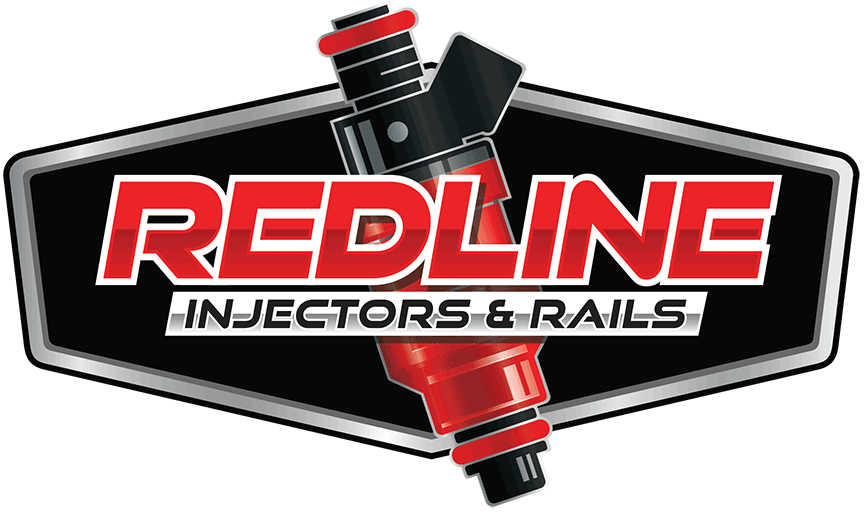A fuel injector is a critical component in a modern engine’s fuel delivery system. It is responsible for delivering precise amounts of fuel into the engine’s combustion chamber or intake manifold, ensuring efficient combustion.
Key Features of a Fuel Injector
- Precision Delivery:
- Injectors spray fuel in a fine mist, ensuring even distribution and mixing with air for complete combustion.
- Controlled Operation:
- The engine control unit (ECU) manages the injectors, determining the timing and amount of fuel delivered based on factors like speed, load, and air intake.
- Types of Fuel Injectors:
- Port Fuel Injectors (PFI): Spray fuel into the intake manifold, where it mixes with air before entering the combustion chamber.
- Gasoline Direct Injectors (GDI): Inject fuel directly into the combustion chamber, improving efficiency and performance.
- Diesel Injectors: Deliver fuel under extremely high pressure directly into the combustion chamber in diesel engines.
Components of a Fuel Injector
- Nozzle:
- The tip of the injector that atomizes the fuel into a fine mist.
- Solenoid or Piezoelectric Actuator:
- Opens and closes the injector valve to control fuel flow.
- Filter:
- Located at the top of the injector to prevent debris from clogging the nozzle.
- O-Rings:
- Provide a seal between the injector and the engine to prevent fuel leakage.
How a Fuel Injector Works
- The fuel pump delivers fuel to the injector under pressure.
- The engine control unit (ECU) sends electrical signals to the injector.
- The injector valve opens, spraying fuel into the combustion chamber or intake manifold.
- The duration and timing of the spray are precisely controlled to optimize performance and efficiency.
Advantages of Fuel Injectors
- Improved Fuel Efficiency: Precise fuel delivery reduces waste.
- Enhanced Performance: Ensures optimal air-fuel mixture for better power output.
- Lower Emissions: Promotes complete combustion, reducing harmful emissions.
- Reliability: Less prone to clogging compared to older carburetor systems.
Symptoms of a Faulty Fuel Injector
- Rough idling or misfiring.
- Poor fuel economy.
- Engine hesitation or stalling.
- Increased exhaust emissions.
- Difficulty starting the engine.
Why Are Fuel Injectors Important?
Fuel injectors play a vital role in modern engine performance, ensuring:
- Efficient combustion: Proper air-fuel mixture.
- Smooth operation: Consistent power delivery.
- Reduced environmental impact: Cleaner emissions.
Fuel injectors have largely replaced carburetors in modern vehicles due to their superior precision, efficiency, and adaptability to stringent emission standards.
